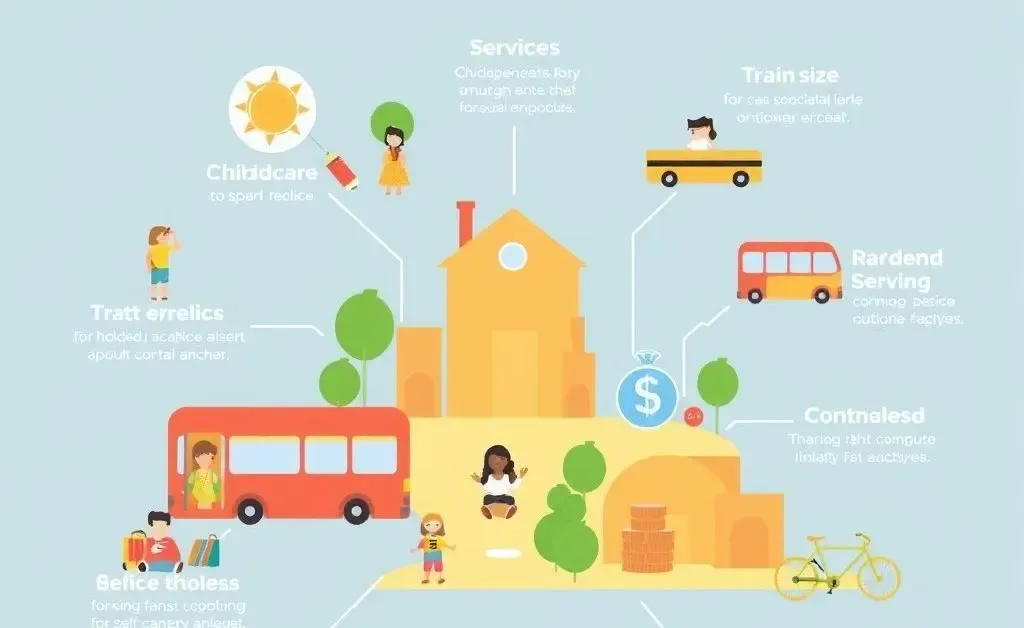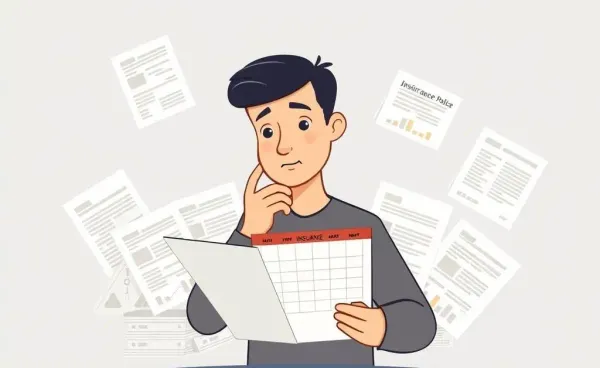Rethinking Dual Incomes: Are Two Paychecks Really Better?
Explore the hidden costs and benefits of dual incomes for family financial planning.

Is a Dual Income Truly Beneficial for Every Family?
Have you ever wondered whether having two incomes in a household is always the better financial choice? While it might seem like more money is always advantageous, the reality can be more nuanced than it appears. Let's dive into the scenario where dual incomes might not be as beneficial as you'd expect.
The Costs of Earning More
Dual incomes often come with their own set of costs, both seen and unseen. As soon as more cash starts flowing in, so do expenses. Many families find that with two jobs, costs like child care and commuting quickly add up, sometimes eating up the extra income.
Stress and Work-Life Balance
Balancing two full-time jobs can sometimes lead to stress and a disrupted work-life balance. Imagine a couple I know - let's call them Alex and Jamie. They found that juggling intense work schedules left them little time to enjoy the benefits of their increased income. They often joked about how their paychecks seemed to float away just as quickly as they came in, thanks to take-out dinners and last-minute babysitters!

Examining the Alternatives
- Prioritize Needs: Take a close look at what really matters for your family. Are some expenses optional?
- Work Flexibility: Consider jobs that offer flexible hours, allowing for a better work-life balance.
- Delayed Gratification: In some scenarios, taking a step back can lead to long-term gains, like with higher education or certifications.

Conclusion: A Balancing Act
Ultimately, whether or not dual incomes 'make sense' heavily depends on individual circumstances and priorities. It's essential to weigh the advantages against the intangible costs like time, stress, and family life. What are your thoughts on the matter? Do you think there's a solution to finding the right balance?





